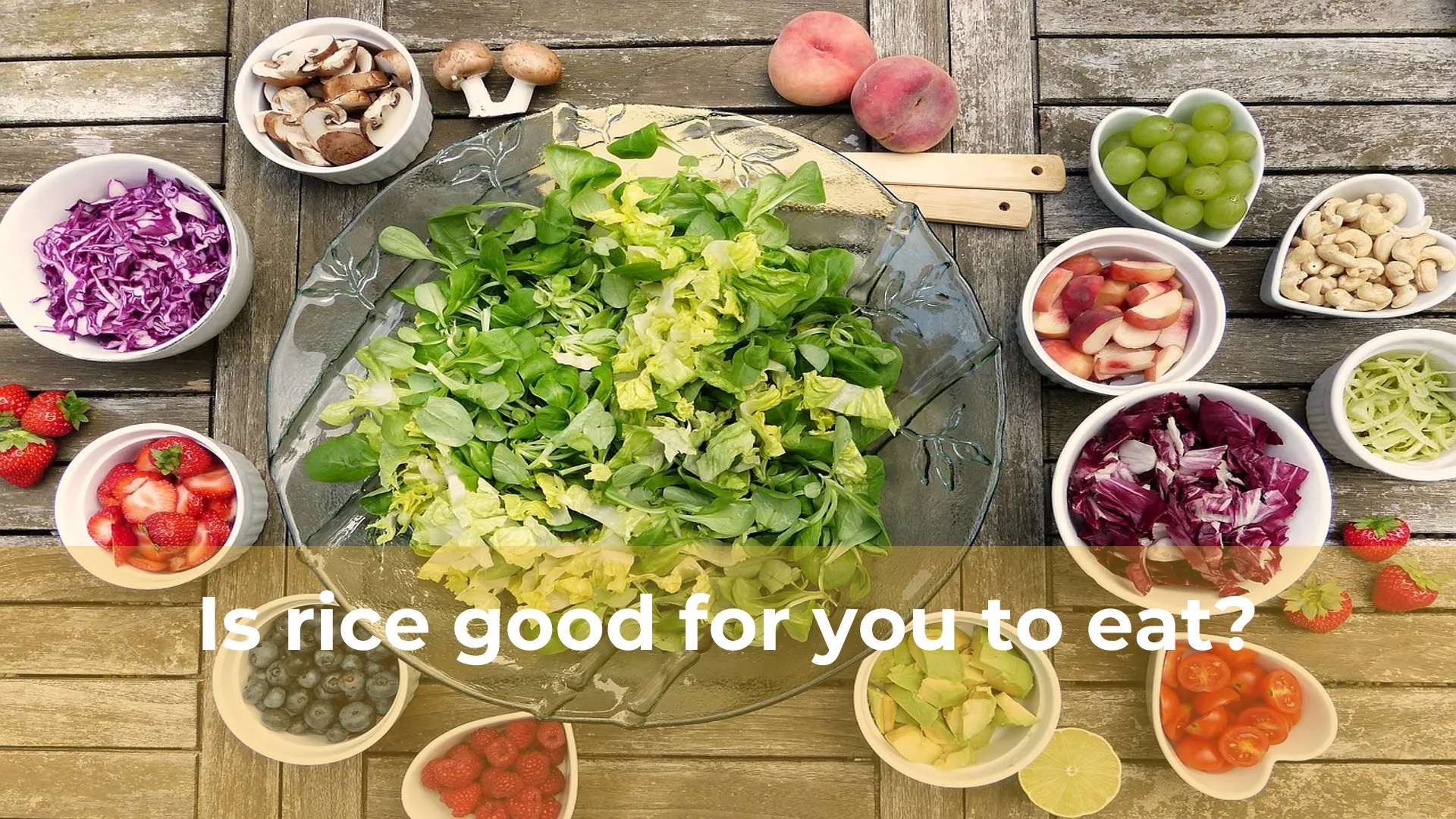Is rice good for you to eat?
Rice, one of the most widely consumed staple foods in the world, has long been a subject of debate when it comes to its nutritional value. While some argue that rice is a vital source of energy and essential nutrients, others question its impact on weight management and overall health. In this article, we delve into the various aspects of rice consumption and explore its benefits and potential drawbacks.
On one hand, rice is rich in carbohydrates, making it an excellent source of energy for the body. It provides fuel for daily activities and helps maintain proper brain function. Additionally, rice is low in fat and cholesterol, making it a suitable choice for those looking to manage their weight and maintain a heart-healthy diet. Its versatility allows for various cooking methods, making it a staple in many cultures around the globe.
However, it is important to consider the potential drawbacks of consuming rice. White rice, in particular, undergoes processing that removes the bran and germ, resulting in a loss of essential nutrients and fiber. This can lead to a higher glycemic index, causing rapid spikes in blood sugar levels. Moreover, excessive rice consumption may contribute to weight gain and increase the risk of developing certain health conditions, such as type 2 diabetes. As with any food, moderation and mindful portion control are key to reaping the benefits of rice without compromising overall health.
1. The Nutritional Benefits of Rice: Is it a Healthy Option?
Rice is a staple food for millions of people around the world, and for good reason. Not only is it a versatile grain that can be prepared in numerous ways, but it also offers a range of nutritional benefits. Despite being a carbohydrate-rich food, rice is low in fat and cholesterol, making it a healthy option for those looking to maintain a balanced diet. Additionally, rice is a great source of energy due to its high carbohydrate content, providing fuel for the body and aiding in physical and mental performance.
Furthermore, rice is packed with essential vitamins and minerals. It is a particularly good source of B vitamins such as thiamin, niacin, and riboflavin, which are crucial for energy metabolism and the proper functioning of the nervous system. Additionally, rice contains minerals like magnesium, phosphorus, and selenium, which play a vital role in supporting overall health. Moreover, rice is gluten-free, making it a suitable alternative for individuals with gluten intolerance or celiac disease. With its array of nutritional benefits, rice is undoubtedly a healthy option worth incorporating into your regular diet.
2. Rice: A Staple Food Across Cultures, But is it Good for Your Health?
Rice has long been a staple food in many cultures around the world, but have you ever wondered if it is actually good for your health? With its popularity and versatility, rice is consumed in various forms and dishes, but conflicting opinions on its nutritional value have left many questioning its impact on their well-being. In this article, we delve into the health benefits and potential drawbacks of incorporating rice into your diet, exploring its role in maintaining a balanced lifestyle and providing practical tips for making informed choices about this beloved grain.

